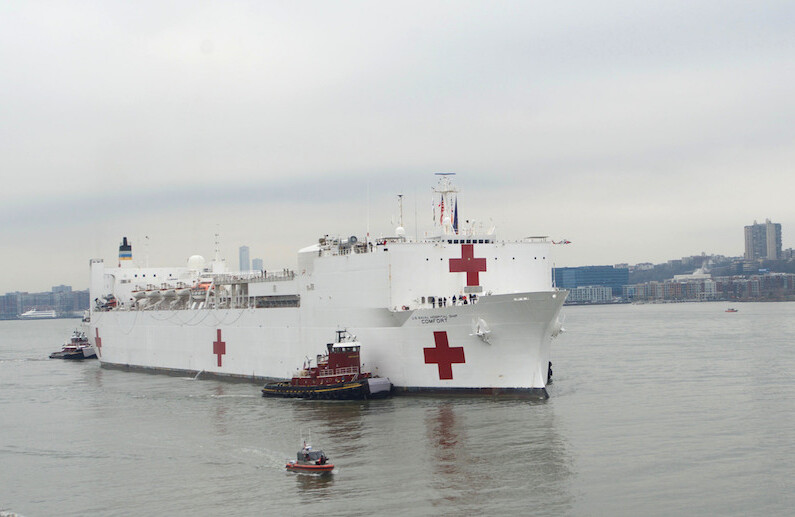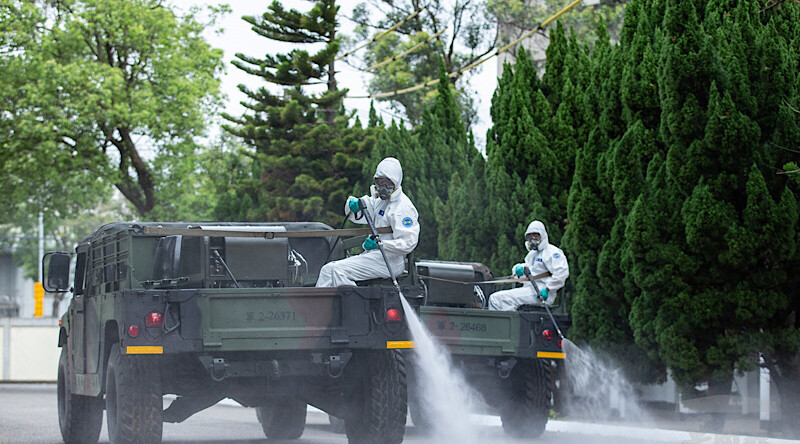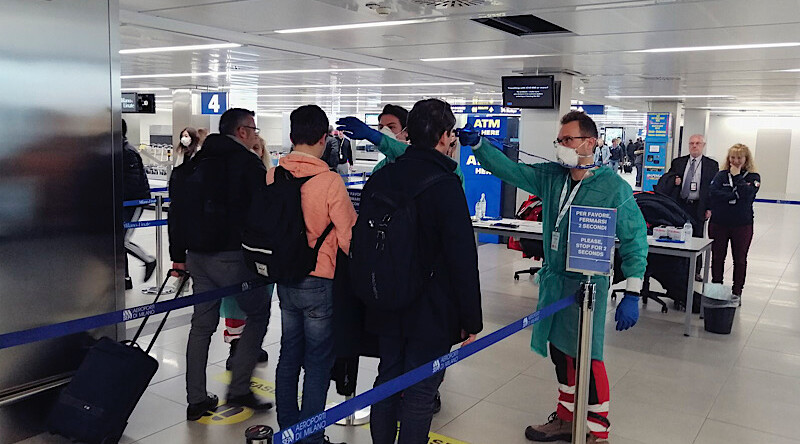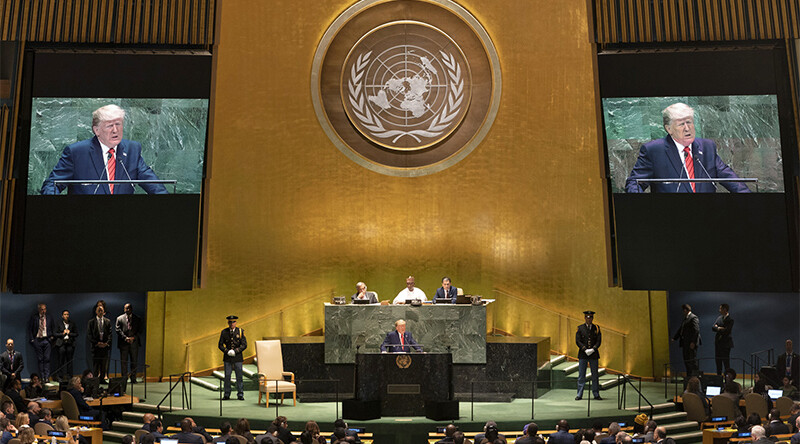This article first appeared on the Ethics & International Affairs blog.
Is the experience of the COVID-19 pandemic, more than any reports issued by think tanks and platforms developed by candidates, going to have major changes in how Americans perceive foreign policy? David Barno and Nora Bensahel make the following critical observation in a recent essay for War on the Rocks:
A poll taken in February found that 31 percent of those surveyed thought that the United States was spending too much on defense. But that number will likely rise after the pandemic ends as Americans start to ask: How well did all that defense spending protect us? Many are likely to conclude that domestic threats and global health issues imperil their personal security and the American way of life far more than any looming foreign adversary. They may emerge from this crisis with radically different spending priorities (as discussed below) that will pressure the defense budget even further downward.
This suggests that the coronavirus crisis may push Americans towards what the Carnegie Council report on narratives identifies as the "regeneration" narrative: reconsidering U.S. intervention and activism abroad to focus on internal reconstruction and development.
We are already seeing the first impacts that the pandemic is having on discussion of not only military spending but the types of missions a country's defense establishment should engage in across the range of North Atlantic Treaty Organization members. As a recent report points out:
If we posit that one of the impacts of the COVID-19 pandemic is that military spending in many alliance nations will be reduced, then what remains of those military budgets is likely to be dedicated towards bolstering humanitarian assistance/disaster relief missions, as well as improving internal security and land and maritime border protection.
Even to the extent that arguments about the importance of international engagement continue to be made, in conditions of "fractured globalization" we are likely to see a pulling back and consolidation of ties to more "defensible" or "compact" linkages. We may speak less of a single "global community" and more in terms of a series of global/regional communities. It may also lead to a diminishing of the cosmopolitan/humanitarian ethos that has found an echo in the national security establishment's focus over the past three decades on fixing failed states and priorities for humanitarian intervention and disaster relief in favor of prioritizing internal defense and regional cohesion.
Sometimes, presidential candidates lead—and in other cases, they adjust their policy preferences to align with a perceived popular mood—witness Hillary Clinton's partial abandonment of the Trans-Pacific Partnership which she herself had helped to set in motion when secretary of state. Donald Trump's "America First" rhetoric can pivot to encompass a "stay at home" sentiment, but it will be interesting to see what adjustments, if any, Joe Biden makes to his internationalist stance. No matter what, as Barno and Bensahel conclude: "We in the national security community must ready ourselves for this new era, where economic recovery and preparing for domestic threats like pandemics will be far greater concerns for most Americans than threats from foreign adversaries."




